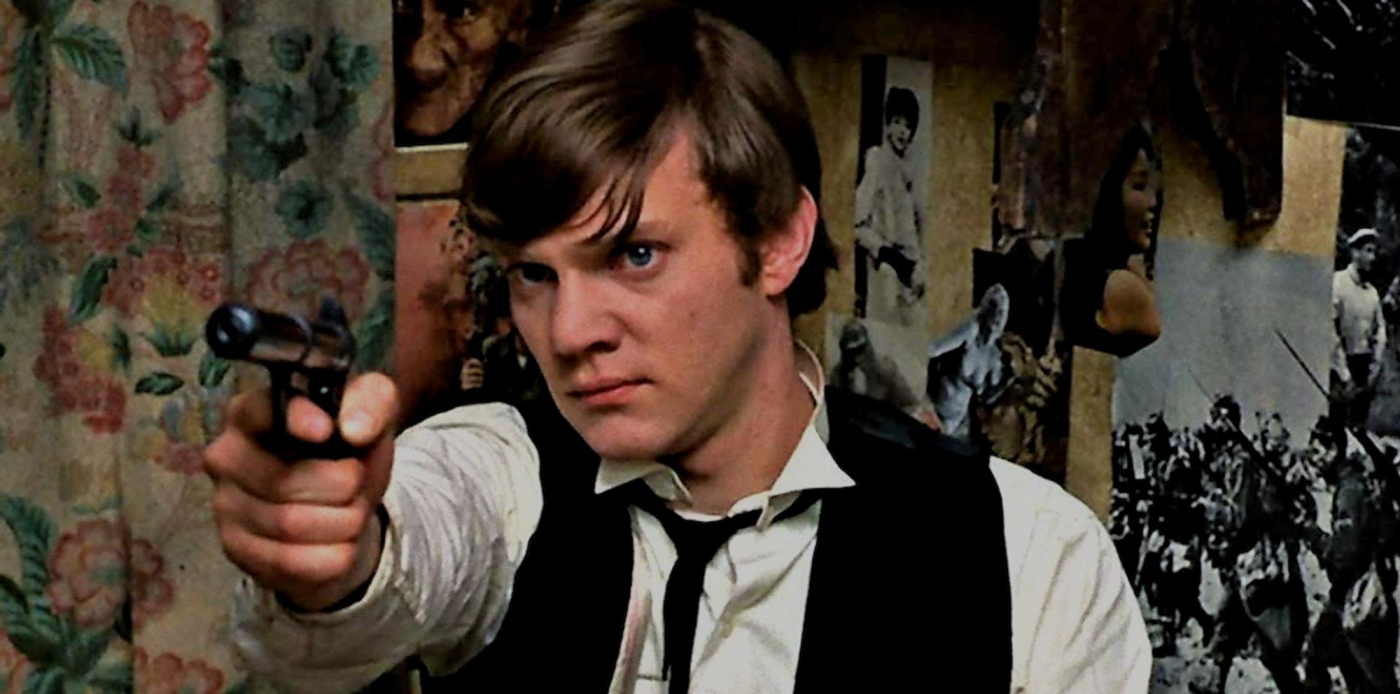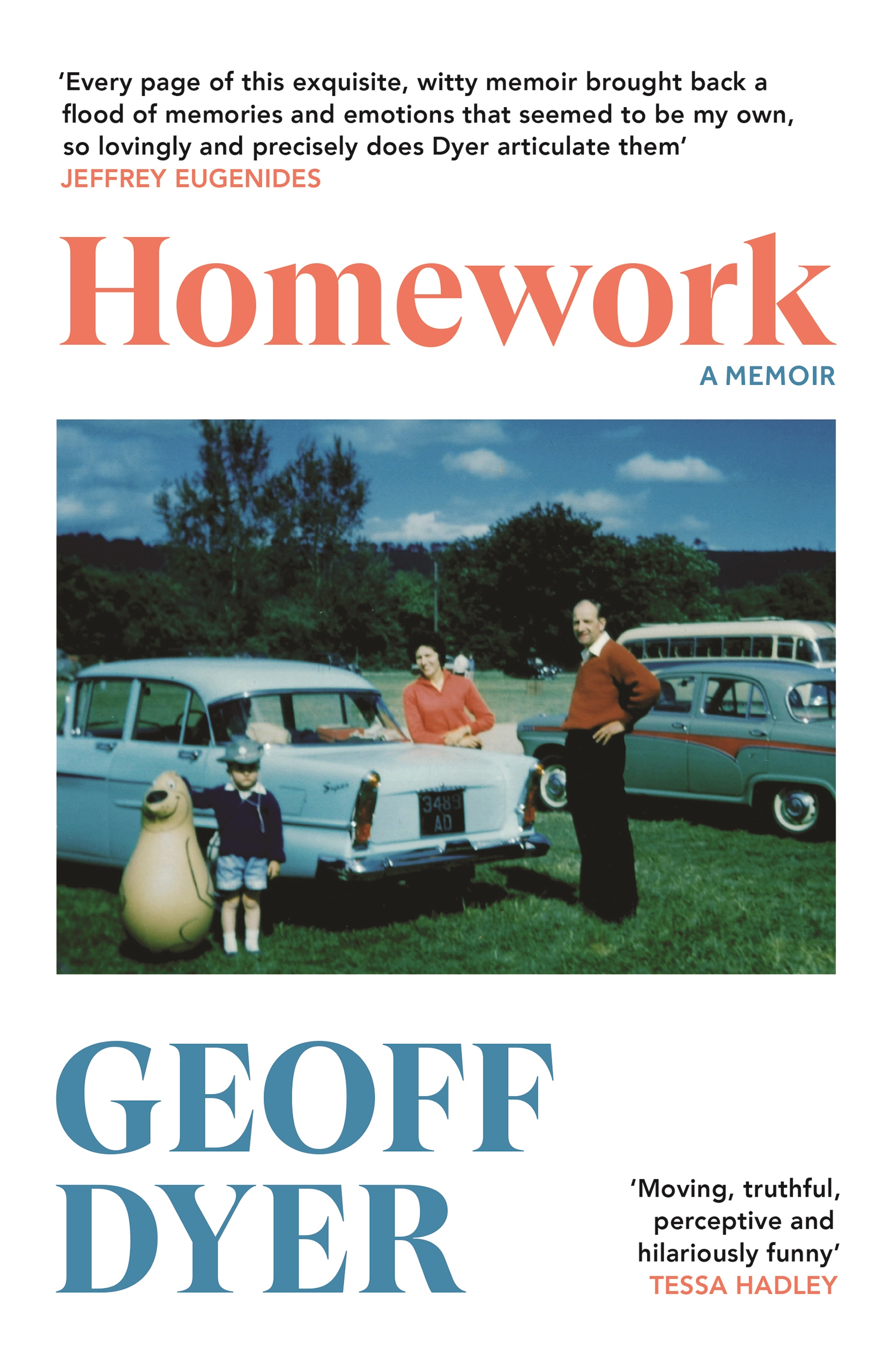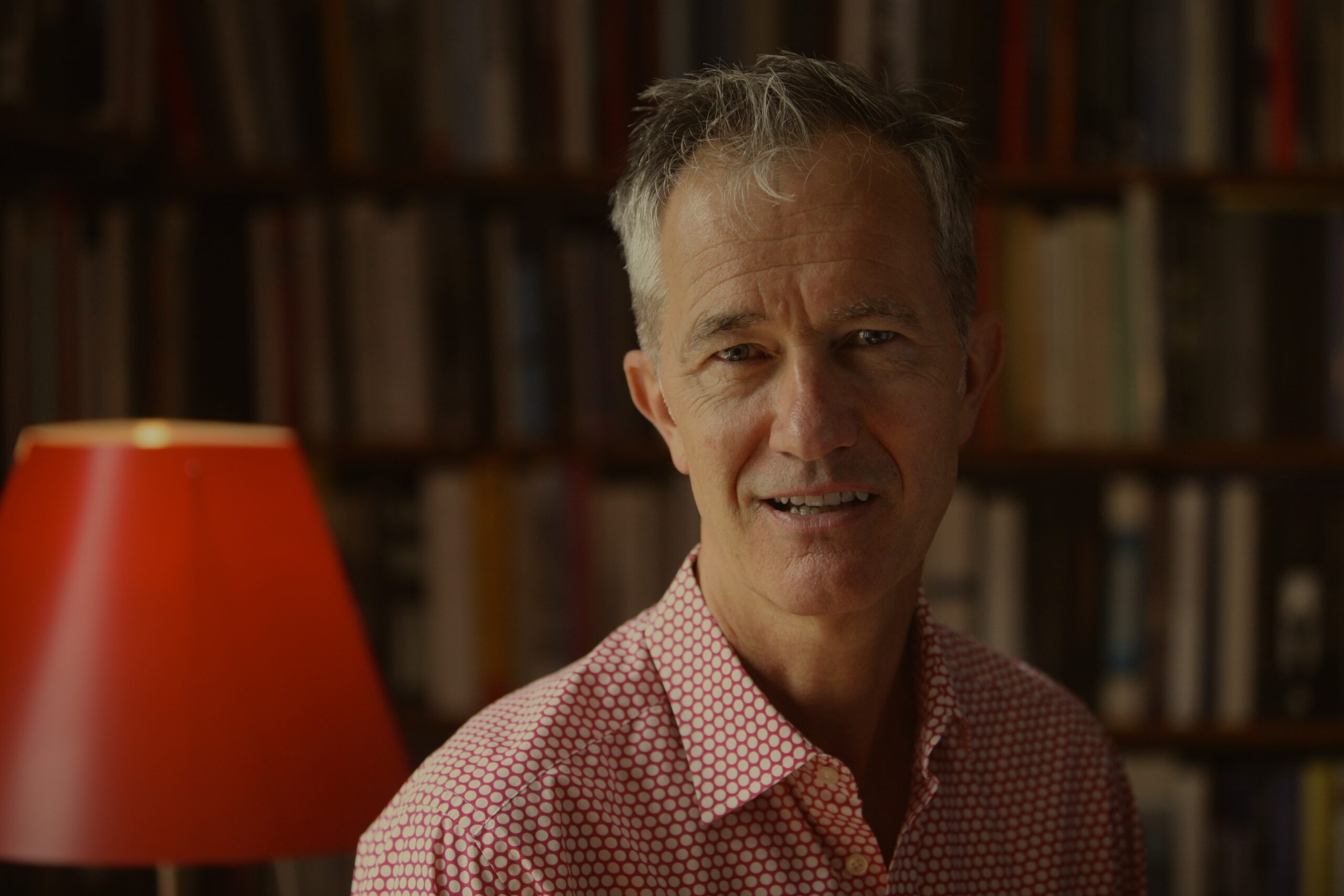
Review: Homework A Memoir by Geoff Dyer
The cult author and essayist gets lost in an orchard of low hanging fruit. But it’s still delicious, says Mark C. O’Flaherty

The cult author and essayist gets lost in an orchard of low hanging fruit. But it’s still delicious, says Mark C. O’Flaherty

With the exception of his surprisingly flat (and ever so slightly Pseuds Corner) book on photography See/Saw: Looking at Photographs, Geoff Dyer rarely offers his readers a dull moment. I have a degree in film and photography, but there was stuff in that book I’d never heard of—yet definitely wasn’t interested in when he brought it to my attention. What could have been a glorious, fun, cerebral romp through iconic moments captured by silver halides along the lines of Zona, his sublime analysis of Tarkovsky’s Stalker, instead wandered at times across the borders of International Art English.
“I would love to have a dog but am put off by the burden of responsibility—but it’s never even occurred to me to have a kid.”
The occasional dud moment notwithstanding, Geoff Dyer is The Man. The master. I’m a fully signed up member of the fan club. His prose is dynamic, even when it’s overly caffeinated (or however else it might be enhanced) to the point of slight hysteria. He’s funny and smart, like a not-shit Bill Bryson. His observational comedy is astute and often brilliantly farcical. He speaks directly to me and lots of people I know. My husband once said: “It’s like he’s beaming the words straight into my head.” We all seem to be on precisely the same page, particularly when it comes to how difficult it is to write (not that I’d ever compare myself to one of our greatest literary talents). Every author should read Out of Sheer Rage, Dyer’s book about trying and failing through self-sabotage, mishap, and ever more elaborate procrastination to write a biography of his hero D.H. Lawrence: it is solid gold. If you aren’t a little bit Dyer, you aren’t a real writer. Then there’s his essay on being childless and loving it, with a line that resonates profoundly: “I would love to have a dog but am put off by the burden of responsibility—but it’s never even occurred to me to have a kid.”

Homework A Memoir
I can’t help but wonder if he had Out of Sheer Rage levels of writer’s block on this new book, Homework, a childhood memoir. He is, after all, 67, and even with the help of school records and family photos as prompts, writing a book about what happened in your life six decades ago is a tough assignment. At times, there are elongated passages devoted to speculation and detective work using what’s visible in those photos to ascertain what happened when. A lot is based around what music he was listening to at any given time, along with family milestones and affectionate portraits of his parents’ post-war miserliness.
Yes, the food was bad. Yes, the working classes were blissfully gauche.
I make a rule of flicking through the childhood chapters of any biography; I rarely care what someone notable did before they hit puberty and/or went off the rails. And while Dyer is a 60s kid and I’m from the 70s, ploughing through all the cultural signifiers from his native Cheltenham that I shared growing up in Penge made me feel like I was sitting through a predictable stand-up routine. Yes, the food was bad. Yes, the working classes were blissfully gauche. The shadow of post-war austerity is cast long and dark. Although Dyer doesn’t mention white dog poo or Space Hoppers, we aren’t far off. Yet there’s a lot more here than just low-hanging fruit: his writing about his father and mother and their idiosyncrasies and inadequacies is cutting but full of love. It’s a reminder that many of us consider our parents perfect when we are children but know nothing of their reality. And, as he writes about his life today, it reminds us that we all turn into our parents in the end.

Geoff Dyer by Guy Drayton
As with previous works, Dyer’s sentences often roll on and backtrack with an appealing rhythm, and there are numerous footnotes. At times in Zona these threatened to become irksome—several spread over multiple pages, overwhelming the main text—but it’s a forgivable indulgence.
Homework is a great time capsule, stylishly curated and structured for maximum impact. Dyer’s observations on his first sexual encounters, the abundance of sugar with everything, his discovery of art (particularly the cinema of Lindsay Anderson, most notably If… from 1968—pictured, top) and his abhorrence of cigarettes after watching his grandmother smoke herself to nicotine yellow-stained death all struck a chord with me. So too did his account of excelling academically and moving into higher education, to the bewilderment of his family. I felt tearful at times. But laughed a lot too.
Although this is very much a book about what it meant to be English at a certain time and in a certain class in the 20th century, the themes are universal. Dyer and I grew up in different decades, listened to different music and wore different clothes, but a lot of this was me. At his dad’s funeral, Dyer writes, there were “bright flowers and ‘Jerusalem’ because we were an English family and without Blake there is no England”. He could have been describing my dad’s funeral, because while we were a family of Irish immigrants, my parents had become entirely English in their outlook on life. And how you die is often the best summary of how you lived. But this memoir is also a pretty good way to do it. C
Homework A Memoir is published by Canongate